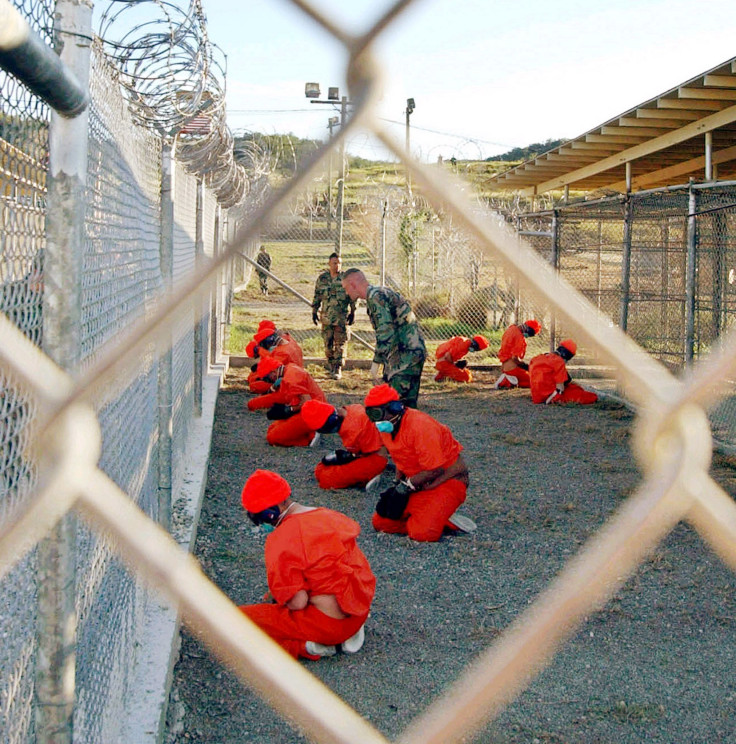Obama administration to close down Guantanamo Bay prison; Congress pushes back

The United States military prison in Guantanamo Bay runs a chance of closing down as the White House is reportedly involved in taking into account a “wide array” of options to do it.
Josh Earnest, a spokesperson for the U.S. government, broke the news on Monday, declining to rule out executive action as an option. He said approval of the congress would be cardinal if this move has to go ahead.
“The president and his team are always considering a wide array of options,” he said.
Last month, the White House indicated that it would be sending the proposal to Congress without delay as U.S. President Barack Obama has prioritised the issue. According to Reuters, Obama took up decision to close down the prison so as to send home as many as 52 Guantanamo prisoners who have been ruled safe for release.
The prison, which is situated in Cuba, has been subjected to international condemnation because of the torture towards foreign terrorists and most of the detainees are held up without trial for ages.
An attempt to close the prison would result in transfer of the prisoners within the country. But Mr Obama, who is bent on closing it down, has been facing continuous resistance from the congressional Republicans. To block the move, they have introduced laws regarding the transfer of Guantanamo inmates to prisons in the United States.
Hence, any unilateral move by the Obama administration would result in mayhem within the parliament.
Local teams were asked to visit prison facilities in Kansas, Leavenworth and the U.S. Naval Consolidated Brig at Charleston, South Carolina, said Defence Secretary Ash Carter said on Aug. 20. But Governor Nikki Haley went against the move, saying that Charleston wouldn’t allow terrorists to be housed.
After the catastrophic incident of 9/11, the then-President George W. Bush opened the prison in the Guantanamo bay in a bid to hold back suspected al Qaeda and Taliban members rounded up overseas.
Contact the writer at feedback@ibtimes.com.au, or let us know what you think below.






